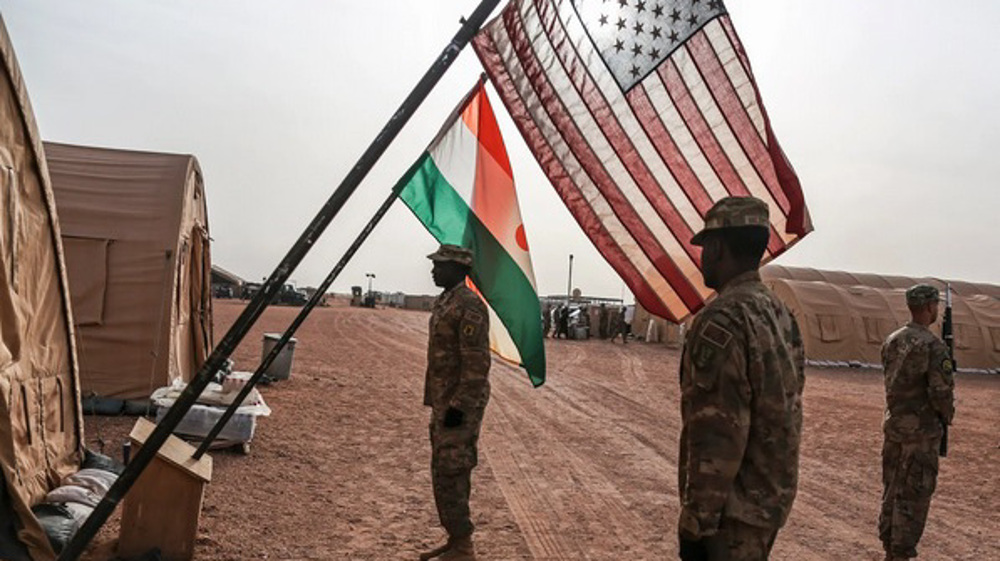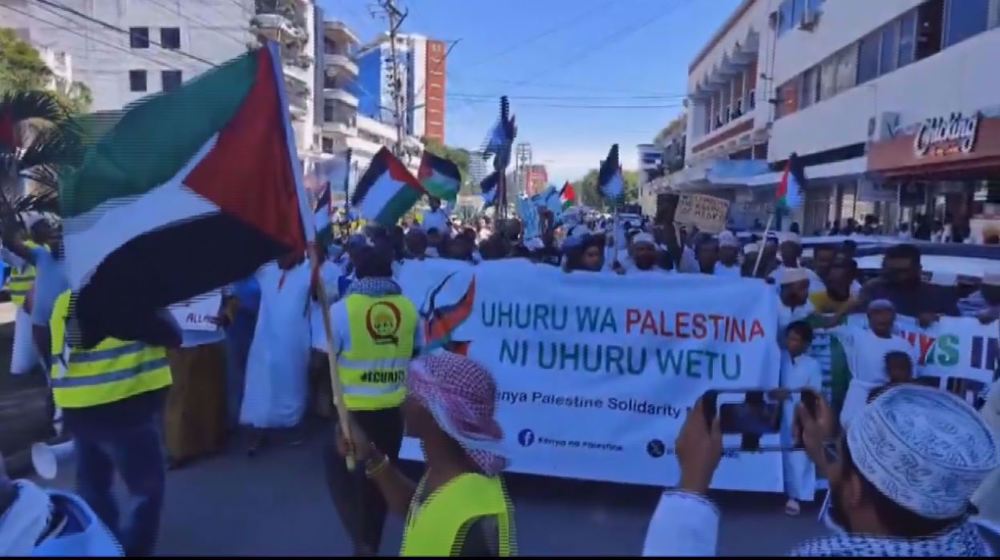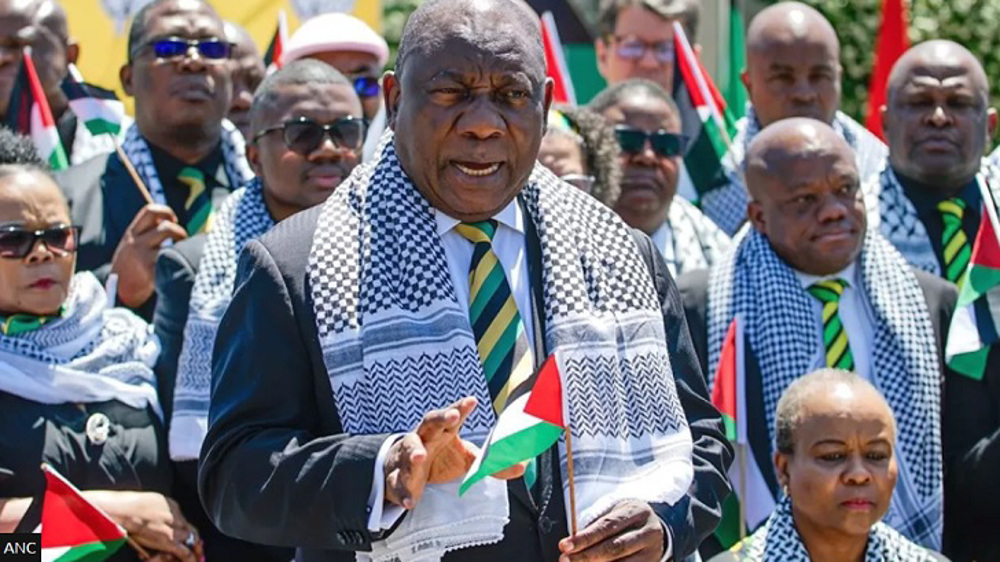How can Mali deescalate her Daesh-driven conflicts?
How can Mali deescalate her Daesh-driven conflicts? With bloody violence indiscriminately wiping out half of a Dogon village in a brutal attack that has all the hallmarks of a tit-for-tat ethnic violence, the conflicts in Mali are spiraling ever upwards.
The violence is fomented by ISIL-affiliated terror groups with the risk of it spilling over Mali's borders to neighboring countries in the Sahel.
The brutal slaying of over 95 residents of the ethnic Dogon village of Sobane Kou in central Mali on June 10th is the latest round in violence plaguing the country. The victims included 24 children, women and the elderly, and the attackers burned homes and even destroyed livestock.
While no one has claimed responsibility for what could be termed a massacre, it comes three months after an attack on ethnic Fulani by a group identified as ethnic Dogon which claimed 160 lives.
The UN asserts that as many as 400 ethnic Fulani have died at the hands of their farmer neighbors organized in militias since 2018.
The Malian government faces a multi-layered problem. Theres the ethnic strife between farmers and herders, the conflicts that arise from climate change making vital resources scarce, and the influence of the Takfiri forces.
We ask what President Ibrahim Keita can do to calm these troubled waters?
VIDEO | Leader meets workers on Labor Week
French police called in to break up US-style pro-Palestinian student demo
VIDEO | US continues starving Syrians, stealing their resources
Yemeni forces strike Israeli ship, Port of Eilat in solidarity with Gaza
Columbia, Yale students bent on ending US support for Israeli genocide
VIDEO | Genocide in Gaza
Iran calls on BRICS to play role in stopping Israeli crimes
President Raeisi’s historic visit opens new chapter in Iran-Pakistan ties









 This makes it easy to access the Press TV website
This makes it easy to access the Press TV website